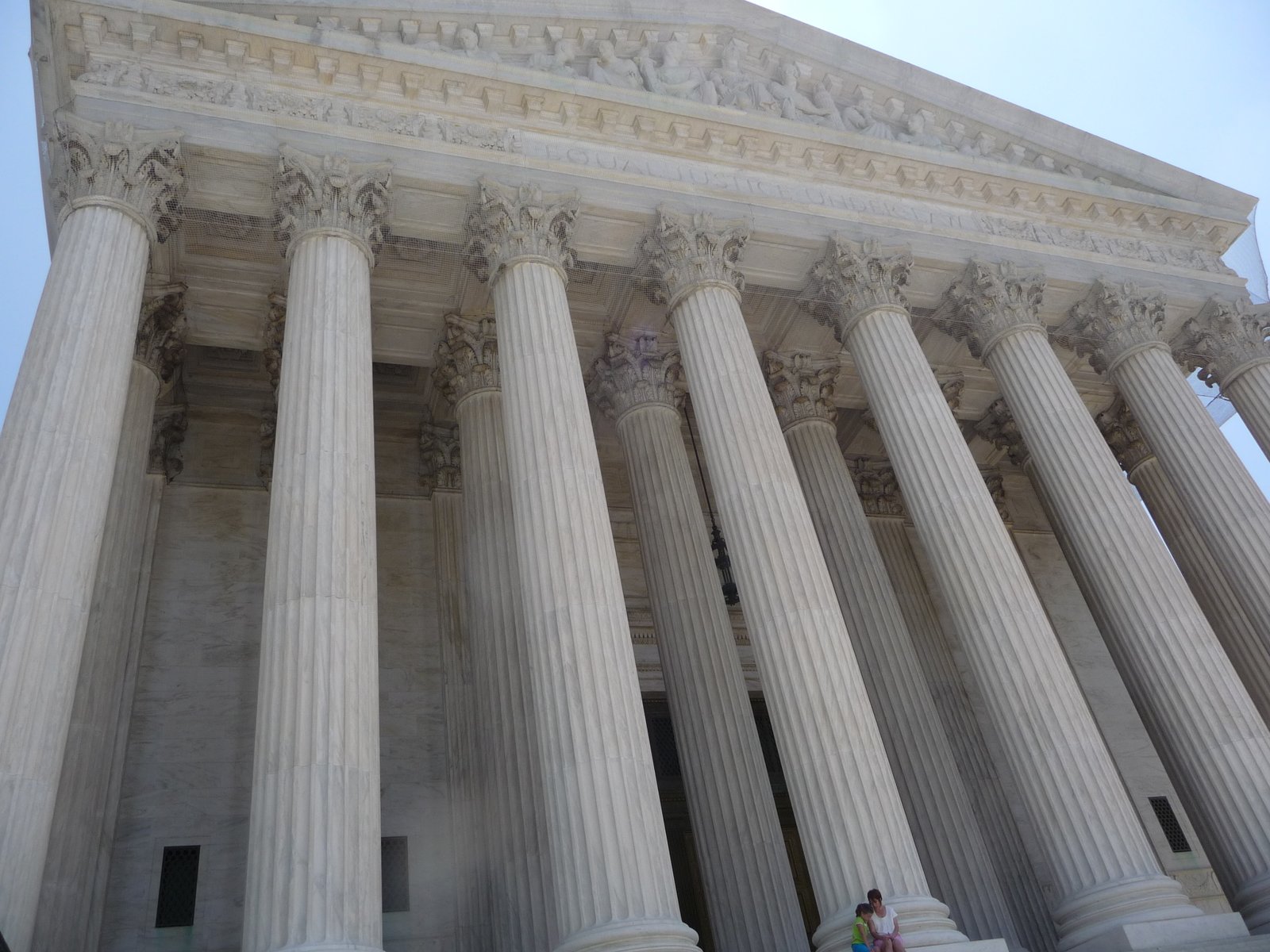[dc]O[/dc]n January 17, 2018, the 10th Circuit Court of Appeals ruled that a lower court improperly granted summary judgment against the plaintiffs in a holy day observance case. Richard Tabura and Guadalupe Diaz, both Seventh-day Adventists, were employees at a food production factory in Utah operated by Kellogg’s USA who were terminated in 2012 for failing to report to work during their Sabbath hours.
After the company took over the plant in 2007, it adopted a policy requiring employees to work every other Saturday, which would be in violation of their religious beliefs which prohibit work between sundown on Friday and sundown on Saturday as part of their Sabbath observance. Although Kellogg’s permitted them to use paid vacation and sick or personal time, as well as arranging to swap shifts with other employees, this was difficult to do. To swap shifts, they had to find qualified employees and receive Kellogg’s approval. Further, there were restrictions on how long a person could work, and some would have to interrupt their regular sleep schedules in order to work in their place.
When Tabura and Diaz ran out of vacation and sick time, they were assessed disciplinary points when they missed work, and this ultimately led to their termination.
They filed Title VII lawsuits claiming religious discrimination, failure to accommodate, and retaliation. Both the plaintiffs and the defendant filed motions for summary judgment, asking the court to rule on the merits of the allegations without a full trial. The lower court denied the plaintiff’s motions, but approved the defendant’s motion and throwing out the plaintiff’s case. The plaintiffs appealed the decision, bringing it to the 10th Circuit Court of Appeals.
Kellogg argued that under Trans World Airlines v. Hardison (432 U.S. 63) (1977), an employer can demonstrate Kellogg’s reasonably accommodated the plaintiffs and, if not, whether they could have done so without incurring an undue hardship. “Undue hardship” is a fairly low threshold as it has been defined as a “de minimis” cost or inconvenience. (The strengthening of this definition has been a key component of a Workplace Religious Freedom Act which was proposed in Congress in the early 2000s.)
Then the plaintiffs must establish a claim showing three things – 1) the employee has a bona fide religious belief that conflicts with a job requirement; 2) the employee informed the employer of the conflict; and 3) the employer fired the employee for failing to comply with the job requirement. Kellogg’s conceded that the plaintiffs had a bona finde religious belief that conflicted with their scheduling requirements, that the plaintiffs had informed Kellogg’s of the conflict, and that they were fired for failing to comply with the job requirement.
The burden then shifted to Kellogg’s to show that it had provided a reasonable accommodation, or that it could not accommodate them without undue hardship. However, the 10th Circuit did not feel that the “undue hardship” defense was sufficiently explored and developed. The plaintiffs, and the EEOC which had filed an amicus brief, had suggested various methods Kellogg’s may have applied to accommodate without an undue hardship. The 10th Circuit concluded that Kellogg’s assertion that “several of the Plaintiff’s proposed alternative accommodations would create significant burdens on the company in the form of unauthorized overtime, quality control issues, and even forcing entire lines to shut down” was not supported by any evidence, and therefore summary judgment was inappropriate.
The factory in Clearfield, Utah, which manufactured frozen vegetarian foods under several brands including Morningstar Farms and Gardenburger, closed in 2015. The Morningstar Farms brand was introduced by Worthington Foods, a Seventh-day Adventist-owned brand, in the 1970s and acquired by Kellogg in 1999. Kellogg, headquartered in Battle Creek, Michigan, was started in 1906 by Will Keith Kellogg, the brother of John Harvey Kellogg, who headed up the Adventist Church’s flagship Battle Creek Sanitarium during the early 1900s. Seventh-day Adventists have historically encouraged vegetarianism and were pioneers in the meat alternative industry.
The case is being sent back to the lower court for for development of the record and is not expected to be back to the trial stage for quite some time. The purpose of moving for summary judgment is to shortcut the long litigation process by asking the court to rule on the pleadings initially filed in a case. If a case has no merit, even in light of facts and law most favorable to the party that filed the case, then the court can dismiss it in response to a Motion for Summary Judgment.
Full text of ruling: Richard Tabura; Guadalupe Diaz v. Kellogg USA – 10th Circuit Court of Appeals – (1/17/18)
Holding: The 10th Circuit reversed summary judgment against Seventh-day Adventist employees who were terminated for refusing to work on their Sabbath, finding that a trial was necessary to determine whether the employer reasonably accommodated their religious beliefs.
Holding: Accommodating an employee's religious observance of the Seventh-day Sabbath would create undue hardship for the airline.

